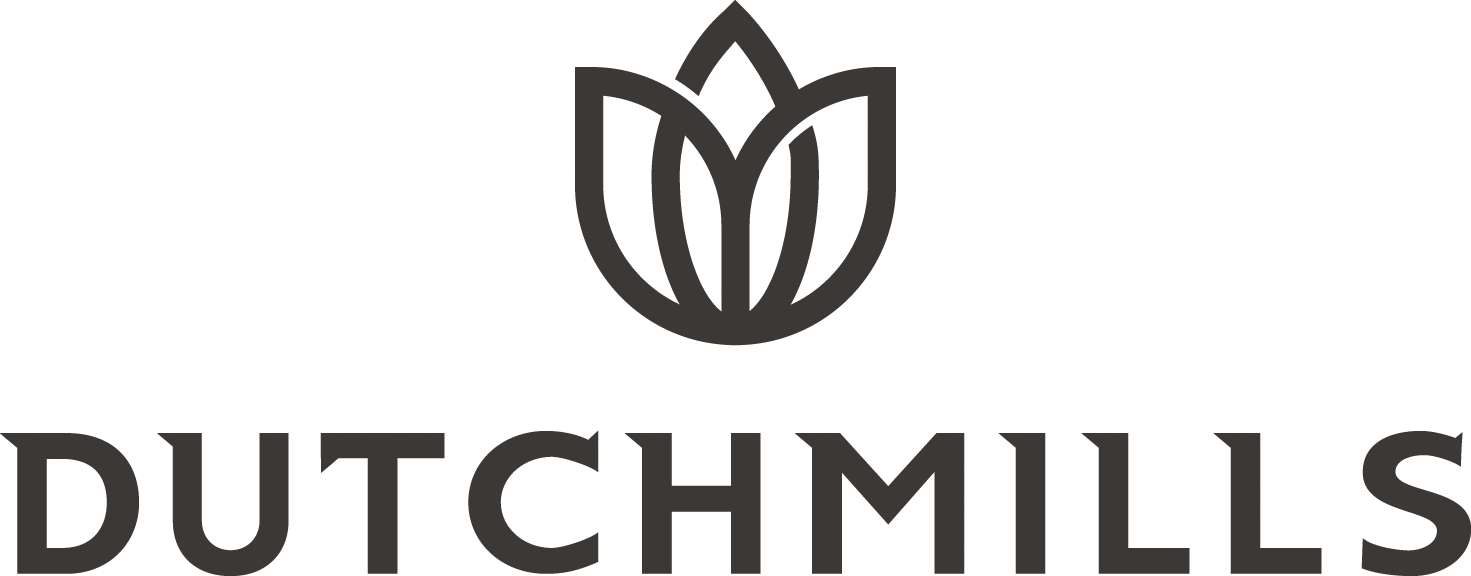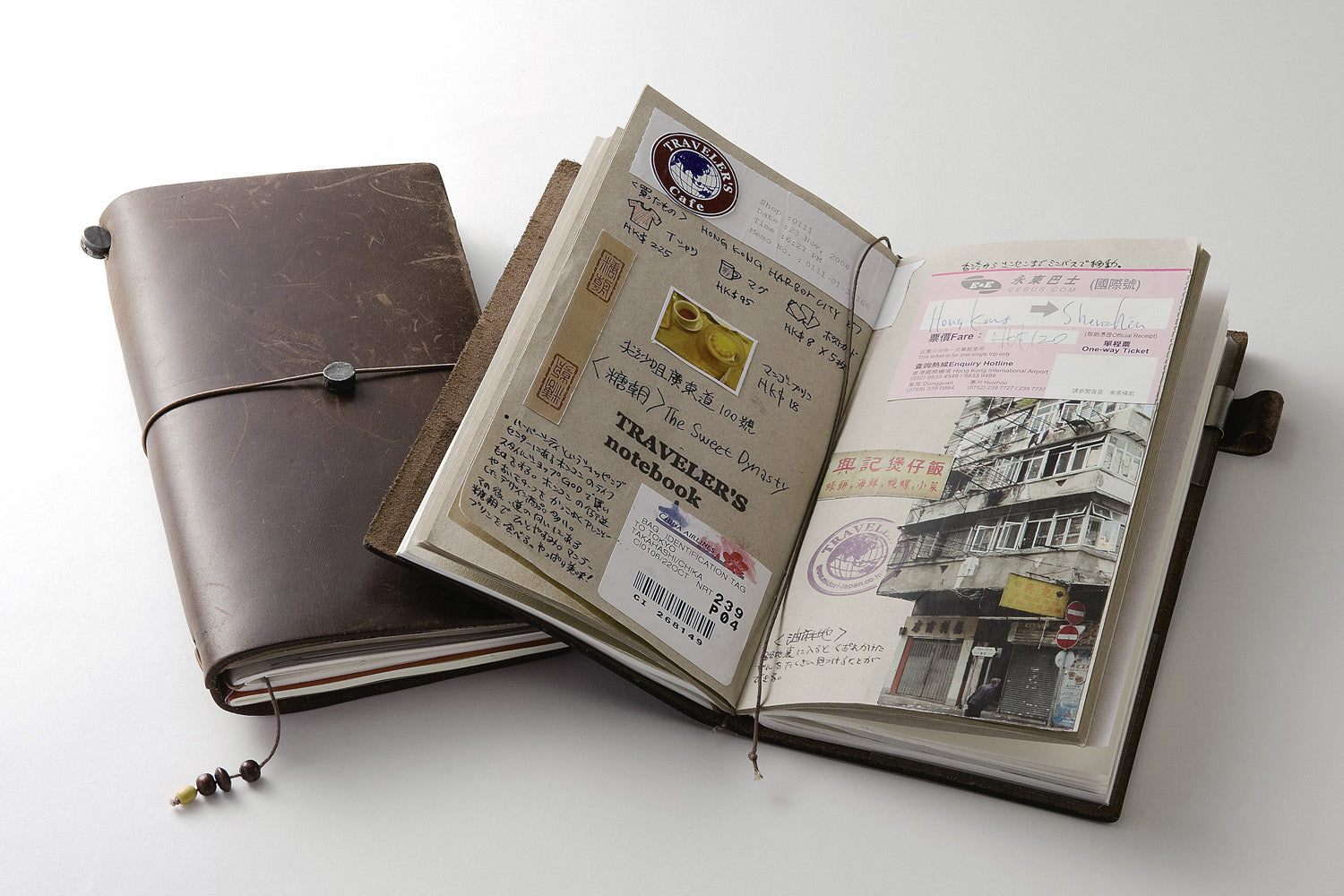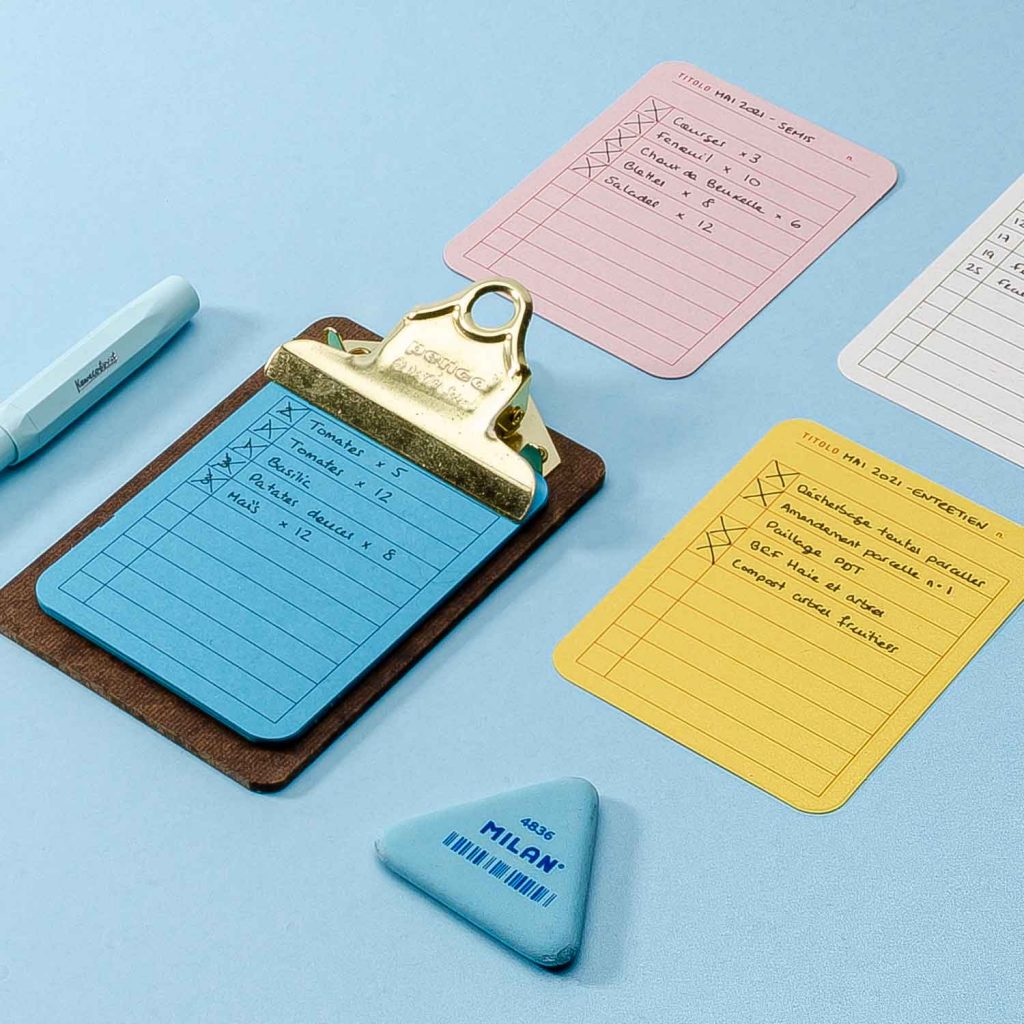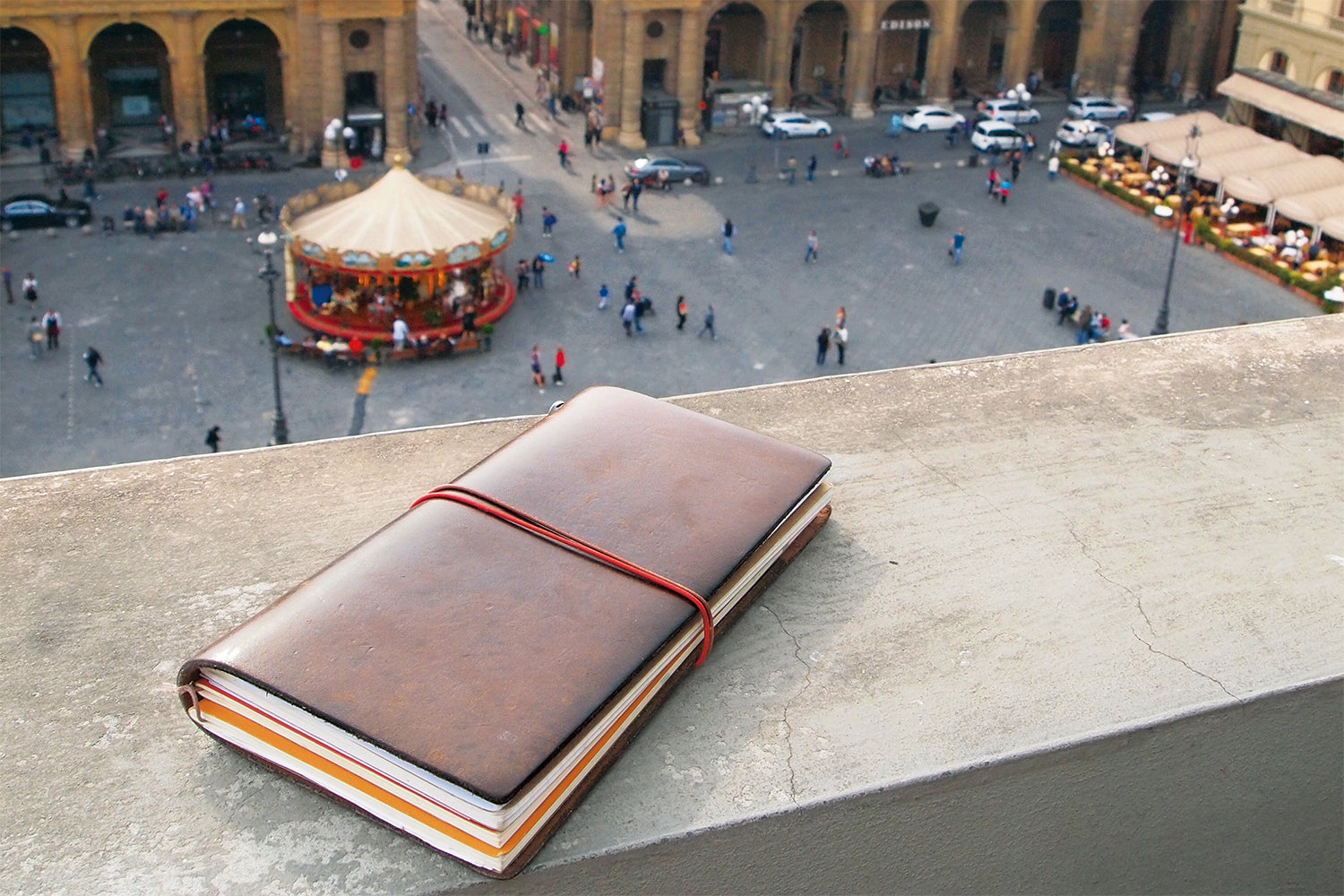Who is Emeline Pedemonte? Can you introduce yourself?
This is a hard first question! :) I guess that what mainly defines me is my constant research of freedom, in every aspect of my life. This has led me to study and works in many different fields, such as art history, languages, print communication, digital marketing and took interest in a large variety of areas, including but not limited to design, gardening, writing and new management concepts. The places I have lived in are also a very important part of me: I loved the Canadian closeness to nature and wilderness, the Italian love for everything good in life, the vibrant colors of Buenos Aires streets and nights, the Andalusian theory of time and relativity and the delicate balance between thinking and doing that characterized my hometown, Nantes, where I came back to live a few years ago.

When did you start designing and producing the Foglietto memo cards?
I designed the very first foglietto in May 2019. It was closely followed by a first prototype that I shared with various friends. After getting their feedback and testing it myself, I began to produce the first decks of foglietti in September 2019. The brand was then launched two months later.
What is the thinking behind the memo cards?
A great part of the design process was done unconsciously, and that’s what I love about creativity. This is also why I take interest in so many different and apparently unrelated topics. Back then I was working as a communication manager for a research institute. I was in contact with many field of studies and researchers. It was all very inspiring and stimulating. But I was feeling very limited by the tools I was given to imagine and manage the various projects I was working on. I am a believer in the complementarity of digital and analog, but in order to think and conceive something, I need to visualize and materialize it on something solid. That’s where paper is irreplaceable. But the paper tools I was given (mainly a notebook and some sticky notes) did not allow me to express the diversity, the complexity and the amazing connections that define our best ideas. They also did not allow me to navigate between « the big picture » and the detailed view I often (but not always) needed to adopt.
I began to observe how other people did and quickly understood that it often involved a complex and hazardous combination of different tools, with questionable results. People always had to adapt to the stationery they were using, often loosing the breadth and uniqueness of their ideas in the process. There was no analog tool capable of adapting to our different forma mentis and to the complexity and the diversity of our modern way of working. Then, I made some researches. I found out that other people came down to the same conclusion, way before I did. They were mainly scholars from the 18th and 19th centuries (did I say that I am also passionate about history?) who invented and perfected an amazing tool: the index cards.

It was so convenient at the time that it was quickly adopted worldwide as a database management system. It prospered until it was replaced by the digital databases in the 20th, but it was never really adapted neither to our everyday life nor project management . I think mainly because at the time the Internet had not transform our working environment yet. People were mainly assigned to do one very specific task. There were very few ones actually conceiving new products or managing various and complex projects. Indeed, new management methods began to emerge later, in the mid 1900.
Fun fact: a lot of them were using visual systems. But we never adapted our paper and office tools to these new working requirements and methods, leaving a blank that computer were not always able to fill - at least not for everyone. That’s why I decided to adapt this historic stationery item that is the index card to our modern way of working, and to what we now know about how our brains work: through an infinite number of connections, in a tree-like system, and not in the linear and quite rigid format of a notebook.
What does the name Foglietto mean?
Foglietto means « a little sheet of paper » in Italian. It reflects the simplicity of the tool, which is not always perceived as we are not used to have a carte blanche. We love to have a frame to work in, but I believe we should really trust ourselves more, and free our ideas. Let them take the space they need. We do not think a linear way, so we shouldn’t always organize ourselves and create this way.
Do you have any new ideas for Foglietto? What can we expect in the future?
I do! A LOT. The common thread is always to let people organize themselves in a free, joyful and intuitive way. This is why we will always listen to Foglietto users needs and wishes. We would love to expand our range of organizers, to match everyone more intuitive way of organizing their ideas. This is why we are currently thinking of binders compatible with both our memo cards dimensions. We would also love to develop more the visual management side of our collection by launching our own range of masking tape and stickers.
The memo cards have many uses. Which special applications have you come across?
Project management, recipe box, fabrics catalog, flashcards for students, reading notes, garden planner, weekly menus and shopping list. There are indeed so many uses, and despite all the thinking we have been doing we are still regularly surprised by how creative people are with their foglietti! Apart from the applications we first imagined, we have also seen our foglietti used as a medium by artists, as learning cards for children, turned into a customized board game, knitting cards, client databases for freelancers, billet-doux… All things we are so grateful for.






